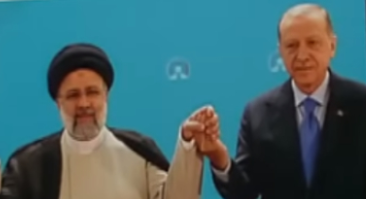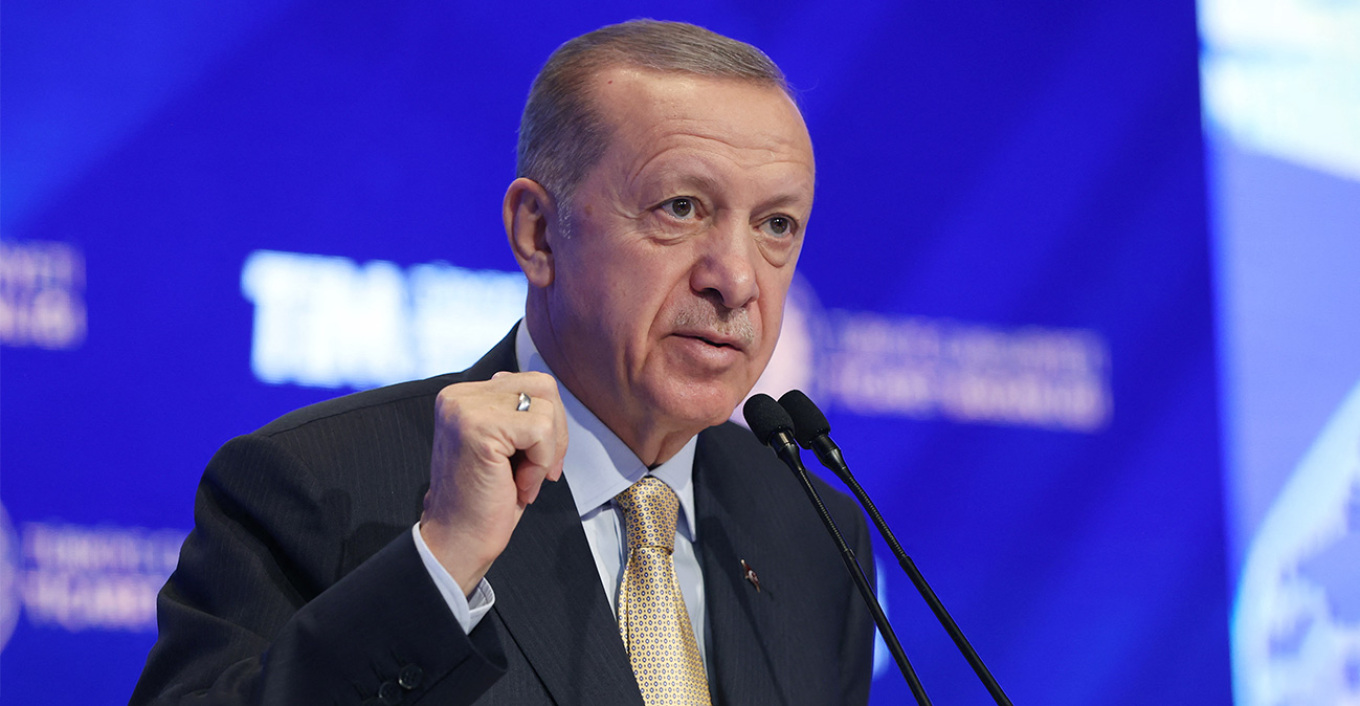Yet again, Turkey has been implicated in another brazen scheme circumventing U.S. sanctions on Iran. Following an exclusive report earlier this December by Politico, Sitki Ayan, a Turkish businessman and acquaintance of Turkish president Recep Tayyip Erdogan, was sanctioned by the U.S. Treasury Department for facilitating “the sale of hundreds of millions of dollars’ worth of oil for Iran’s Islamic Revolutionary Guard Corps-Qods Force (IRGC-QF).”
The sustained permissiveness of Ankara as a sanctions-busting jurisdiction for Tehran will disappoint those who saw Turkey’s support for Ukraine and more recent mending of political fences with Israel as an indication of its renewed strategic relationship and identification with the West. More poignantly, it deals a body blow to the theory that Recep Tayyip Erdogan’s Turkey can serve as a permanent check against the Islamic Republic of Iran. As the Biden administration now reluctantly looks to embrace the sanctions tool against Iran due to the clerical regime’s repression of protestors, deepening of military ties with and export of drones to Russia, and escalating atomic program, it must contend with the bitter reality that illicit oil sales obscured by Ayan’s business networks in a NATO member state have helped to keep Tehran’s terror operations afloat.
Growth in Greece in 2023 is positive and higher than the European average
Reportedly, in March 2021 Ayan led a Turkish business delegation in a meeting with sanctioned Iranian officials in Beirut wherein both sides aimed to further smuggling operations of “Iranian oil to buyers in China and Russia to raise funds for Tehran’s terror proxies.” Western assessments first reported in Politico contend that Tehran, with the help of ASB Group which has global operations that Ayan chairs, was able to underwrite its terror apparatus to the tune of an estimated $1 billion in less than two years. Specifically, Western diplomats believe this money benefitted the IRGC-QF, which is the sanctioned brain trust behind Tehran’s constellation of proxies known as the “axis of resistance,” of which Lebanese Hezbollah, another sanctioned terror proxy, is a member. Both the IRGC-QF and Lebanese Hezbollah have global reach, ranging from kidnapping and assassination attempts to narcotrafficking to material support for other terror groups.
Read more: National Interest



































